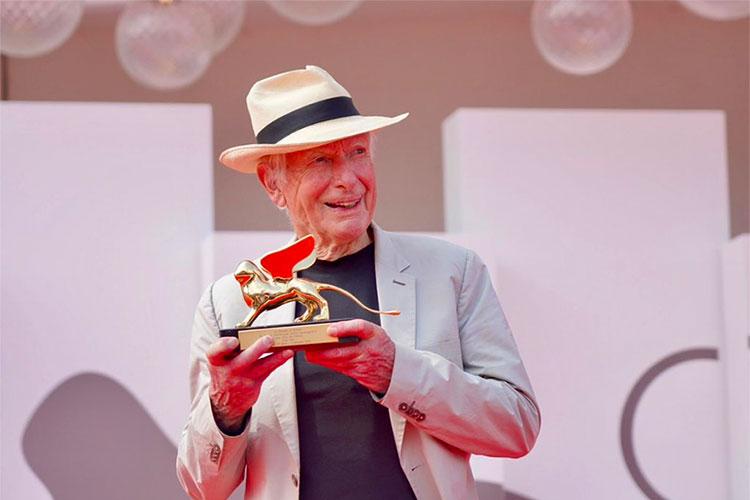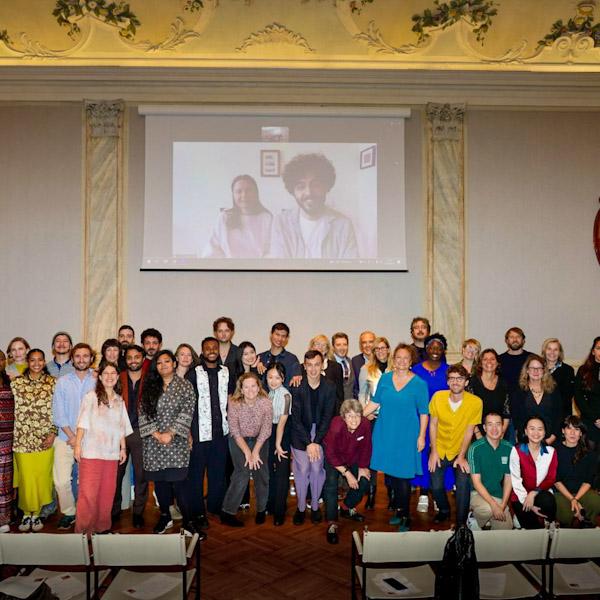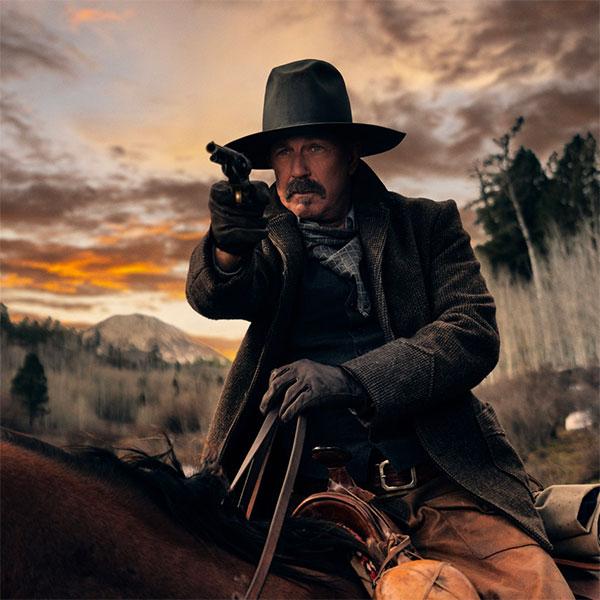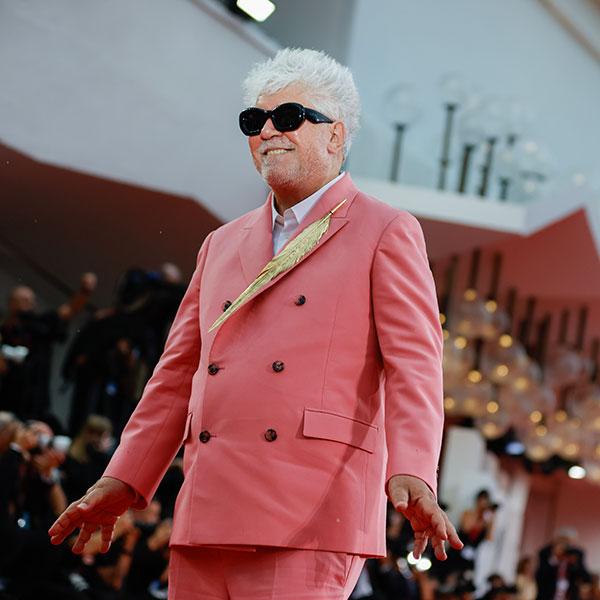
Peter Weir Golden Lion for Lifetime Achievement of the Biennale Cinema 2024
The award ceremony will take place on Monday 2 September at 1:45 pm in the Palazzo del Cinema, followed by the screening of Master and Commander.
Peter Weir
Golden Lion for Lifetime Achievement
The Golden Lion for Lifetime Achievement of the 81st Venice International Film Festival (August 28 – September 7, 2024) has been awarded to the Australian director and screenwriter Peter Weir (Dead Poets Society, The Truman Show, Master & Commander).
The decision was made by the board of La Biennale di Venezia, which embraced the proposal of the Festival's Director, Alberto Barbera.
Statement by Peter Weir
“The Venice International Film Festival and its Golden Lion for Lifetime Achievement are part of the folklore of our craft. To be singled out as a recipient for a lifetimes work as a director is a considerable honour.”
Statement by Alberto Barbera
“With a total of only thirteen movies directed over the course of forty years, Peter Weir has secured a place in the firmament of the great directors of modern cinema. At the end of the 1970s, he made a name for himself as the main man behind the rebirth of Australian film thanks to two movies, The Cars That Ate Paris and Picnic at Hanging Rock, the latter of which gained cult film status over the years. The international success of his two next movies, Gallipoli and The Year of Living Dangerously, opened Hollywood's doors to him and he soon became one of its major protagonists. In his films, Weir combines reflections on personal themes and a need to reach as vast an audience as possible. Despite the diversity of the topics he addresses, it is not difficult to discover a constant in his daring, rigorous, and spectacular film opus: a sensitivity that allows him to deal with highly up-to-date topics, such as a fascination with nature and its mysteries, the crisis of adults in consumerist societies, the difficulties of educating young people about life, the temptation of physical and cultural isolation, but also the lure of adventurous impulses and the instinct for rebellion. Celebrating a taste for storytelling and innate romanticism, Weir has reinforced his own role in the Hollywood establishment, all the while keeping his distance from the American movie industry. Witness, The Mosquito Coast, Dead Poets Society, Fearless, The Truman Show, and Master & Commander are the major stages of an artistic career that has conserved its underlying integrity, all the way inside the commercial success of the movies he has made.”
Biographical note
Peter Weir (born August 21, 1944, Sydney, Australia) is an Australian film director and screenwriter two time winner of the BAFTA David Lean for Direction Award for The Truman Show (1998) and Master & Commander (2003). In 2022 he became the first Australian filmmaker to be awarded an Honorary Oscar. He was a pivotal figure in the Australian New Wave cinema of the 70s.
After briefly attending the University of Sydney, he traveled to Europe in 1965. By the time he returned to Australia the following year, Weir began working as a stagehand for a television network. Beginning in 1969, he worked for the government-funded Commonwealth Film Unit as a director. Weir struck out on his own in 1973, and directed his first feature film, the comic-horror The Cars That Ate Paris (1974), which he also wrote. He won an international audience with Picnic at Hanging Rock (1975), followed by The Last Wave (1977), for which he also cowrote the screenplay. The World War I drama Gallipoli (1981), based on a story by Weir and starring Mel Gibson, won eight Australian Film Institute awards and burnished Weir’s international reputation. His last Australian production, which he cowrote as well as directed, was The Year of Living Dangerously (1982), a drama set in Indonesia around the time of the overthrow of President Sukarno and starred Gibson and Linda Hunt. In 1985 Weir directed his first Hollywood film, Witness, for which he received his first Academy Award nomination for best director. The movie also earned the Oscar for best original screenplay and best editing. Weir continued to earn acclaim with films such as Dead Poets Society (1989), a drama set in a boys’ preparatory school in the 1950s, The Truman Show (1998), a fable about the tyranny of the media. Both films premiered at the Venice International Film Festival. Weir then directed Master & Commander (2003), a seafaring epic based on the series by Patrick O’Brian and cowritten by Weir. These threemovies all earned Weir Oscar nominations for best director. His other films included The Mosquito Coast (1986), Green Card (1990), Fearless (1993), and The Way Back (2010).






